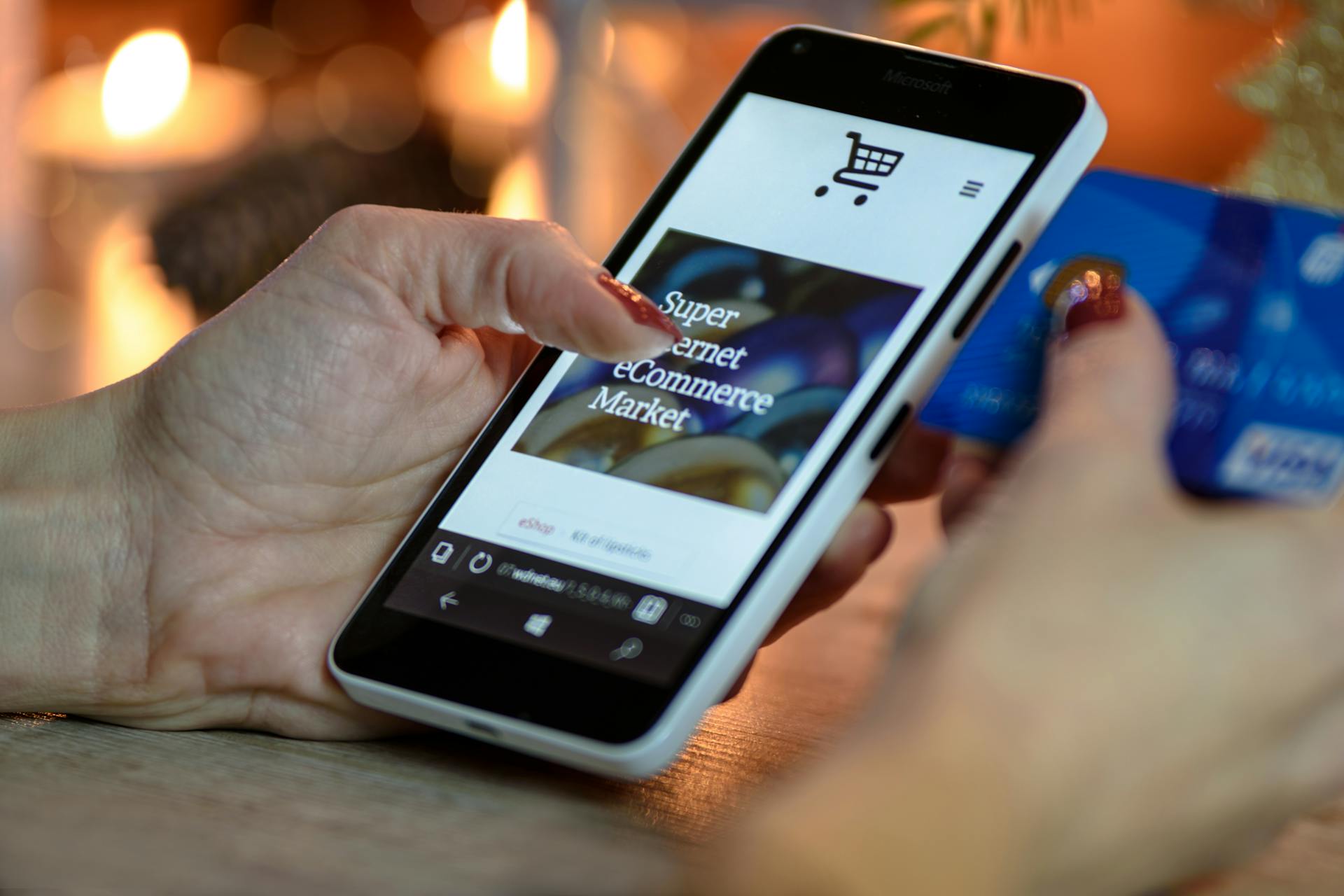With the growing customer expectation for tailored experiences, personalization in marketing is becoming increasingly indispensable. Customers want to be perceived as individuals and prefer brands that address their specific needs and interests. Personalized communication strengthens customer loyalty, increases conversion rates, and significantly contributes to business success.
What Does Personalization in Marketing Mean?
Personalization in marketing goes beyond simply using the customer’s name. It involves tailoring content and offers based on the behavior, preferences, and history of each customer. From personalized emails to dynamic websites and targeted product recommendations – the focus is on sending the right messages at the right time to the right person (cf. The Power of Personalization by McKinsey).
Why is Personalization Important?
- Increasing customer loyalty: When customers feel understood, their attachment to the brand is significantly stronger. They return more frequently and remain more loyal to the company (cf. McKinsey, The Power of Personalization).
- Increasing conversion rates: Relevant content leads to a higher likelihood of customers making a purchase decision, as they perceive the brand and its products as more fitting.
- Improving customer satisfaction: Individual offers and information increase satisfaction and create positive experiences, which improves brand perception (cf. Personalization Pulse Check by Accenture).
- Efficiency in marketing budget: Targeted campaigns can minimize wastage, as personalized content often has a higher success rate and thus increases efficiency.
Pillars of Successful Personalization Strategies
Effective personalization in marketing is based on several essential elements:
- Data analysis and segmentation: To address customers individually, companies need precise data. Segmentation allows for distinguishing target groups and developing tailored messages (cf. Big Data and Personalization in Marketing by Harvard Business Review).
- Automation: Marketing automation tools are central instruments for successful personalization. They enable the use of real-time data and sending automated, personalized messages to customers.
- Artificial Intelligence: AI plays a crucial role in elevating personalization to a higher level. It helps predict customer behavior and offer them relevant recommendations (cf. Artificial Intelligence and Personalization by Deloitte Insights).
- A/B testing and optimization: Successful personalization is a process that is continuously optimized. Regular tests help understand which approaches work and which adjustments are necessary.
Technologies for Implementing Personalization
A variety of technologies support companies in effectively implementing personalized marketing strategies:
- Customer Data Platform (CDP): These platforms collect customer data from various sources and create a comprehensive customer profile. With a CDP, companies can create more targeted and consistent content (cf. HubSpot, What is a Customer Data Platform?).
- Marketing Automation: Tools like HubSpot or Salesforce Marketing Cloud enable managing automated, personalized campaigns across multiple channels.
- Personalized Content Platforms: Solutions like Adobe Target offer dynamic content and enable the creation of personalized campaigns based on customer preferences.
- AI-based Recommendation Systems: Companies like Amazon and Netflix rely on AI-powered recommendations that are based on previous customer behavior and suggest relevant products or content (cf. How Amazon is Shaping the Future of Personalization, Forbes).
Successful Examples of Personalized Marketing
Amazon is an outstanding example of using personalization to delight customers and build long-term loyalty. By utilizing AI and detailed customer profiles, Amazon can provide its users with targeted recommendations based on their interests and purchase history. This approach has significantly contributed to the platform’s high customer retention (cf. How Amazon is Shaping the Future of Personalization, Forbes).
Conclusion
Personalization is essential today to be successful in a highly competitive market environment. Companies that rely on data and automation can refine their customer approach and specifically address individual needs. Personalization goes far beyond simple salutations – it creates a tailored experience that delights customers and builds long-term loyalty. With the right strategy and appropriate technologies, personalization becomes a powerful lever for sustainable business success.






